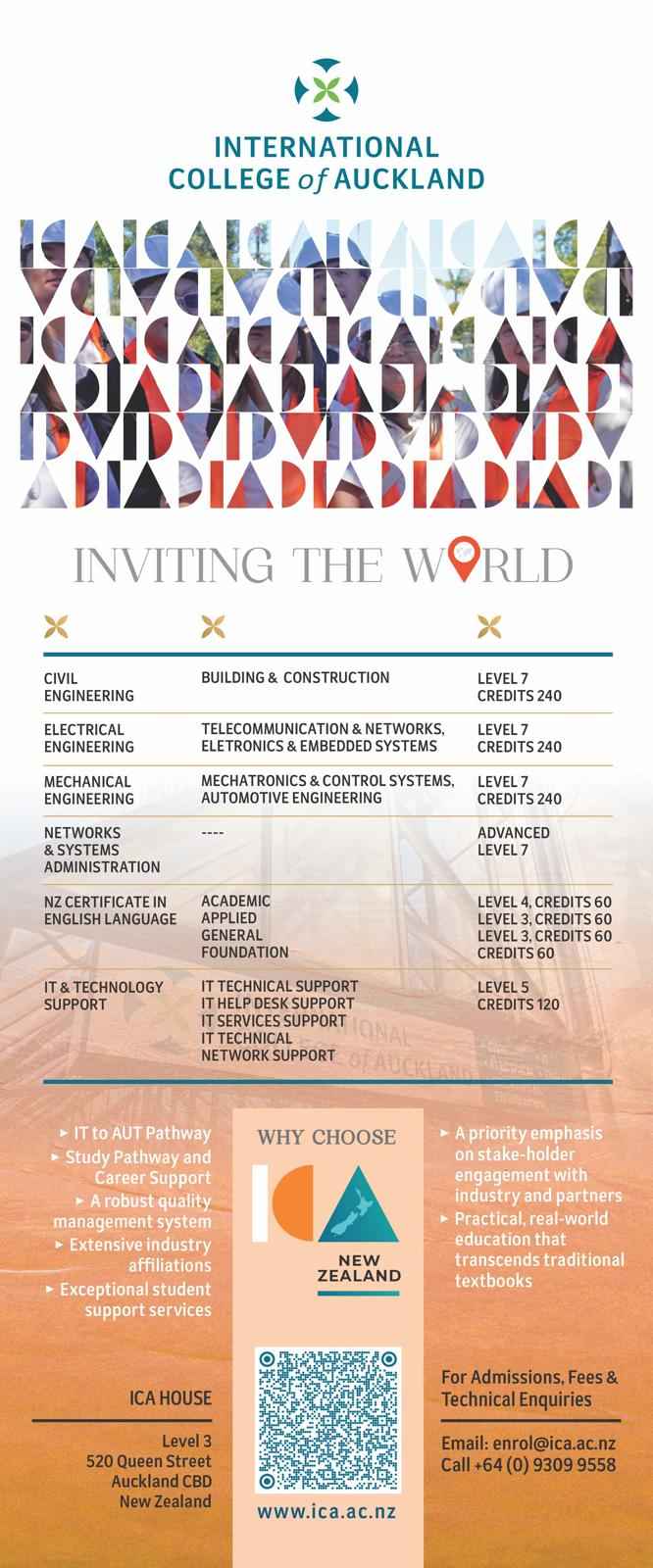Food
New Zealand has a broad selection of home-grown and imported food. We are a major producer of pasture-fed lamb, venison and beef. We also produce dairy products (made with real milk) and there is plenty of fruit and vegetables. Most of the major cities have shops or areas where you can buy food from different parts of the world, so you should be able to find food that is familiar. The tap water in New Zealand is safe to drink: it does not need to be boiled. New Zealand food may seem a little strange. It may be cooked differently and may taste different to what you are used to, due to differing ingredients, seasoning and cooking methods. Bread and potatoes are staple foods rather than rice or noodles.
Breakfast is often informal and each person in a family may prepare their own. The midday meal is not a family meal, and often cold food is prepared at home and eaten at school or work. The main meal of the day, dinner, is eaten in the evening. Dinner is usually served on one big plate.With a change in diet, you may find that you put on weight. You should be able to keep your weight at a healthy level if you exercise, for example, walk all or part of the way to your school or institution and home each day, and eat plenty of fresh fruit and vegetables. Alternatively, you may want to take up another form of activity like going to the gym or playing some sport.
Where to buy food – supermarkets
Most New Zealanders go to the supermarket weekly to buy food for the coming week. You can buy almost everything you need to eat at supermarkets. They sell groceries, fruit and vegetables, meat and fish, and essential household and personal items like cleaning equipment, light bulbs, rubbish bags, toiletry items as well as newspapers and magazines. Opening hours vary, but in the main cities they are usually open between 8am-8pm or later, 7 days a week.Where to buy Asian ingredients
There are many Chinese and other Asian people living in New Zealand and Asian food shops are common (see ‘Asian Foods’ in the Telecom Yellow Pages for example). Supermarkets will also generally sell a selection of Asian ingredients. Chinese language newspapers advertise local Asian supermarkets and stores.
Weekend Markets
What are dairies?
Dairies are small, convenience stores usually located near where you’re living. They sell a range of things such as newspapers, bread, milk, Coca-Cola, personal items and condoms. Dairies sell essential items, but do not usually sell meat or fish. Dairies are expensive compared to supermarkets. Opening hours vary but will usually be from 7am-7pm. In the cities, 24-hour convenience stores e.g. Starmart, also operate.
What do petrol stations sell?
Eating out

